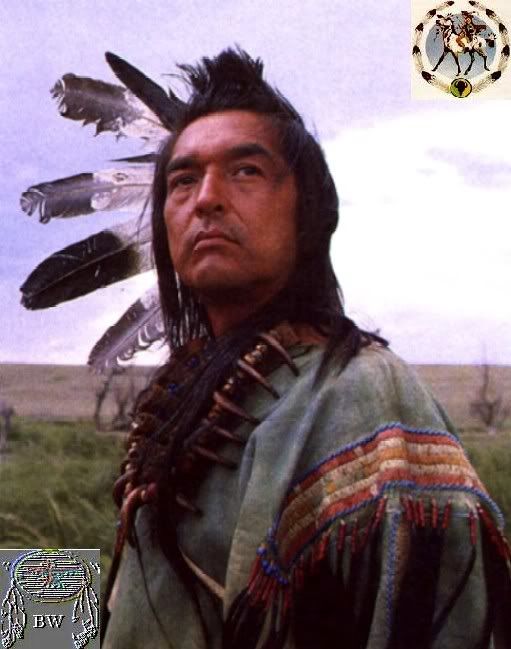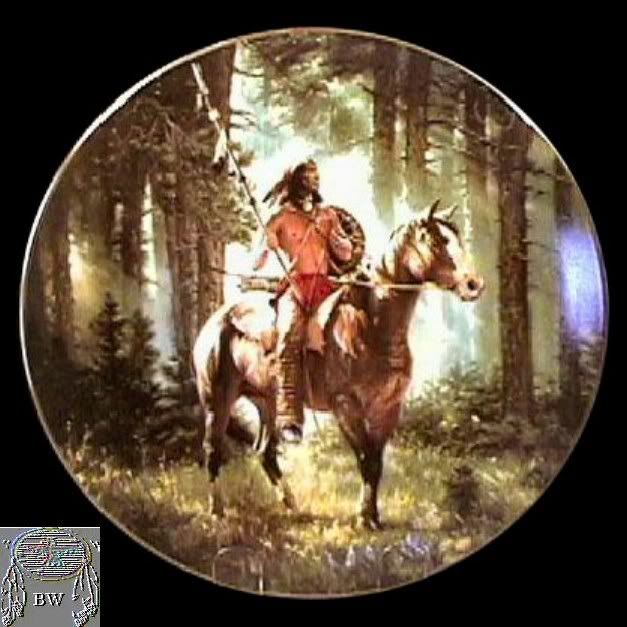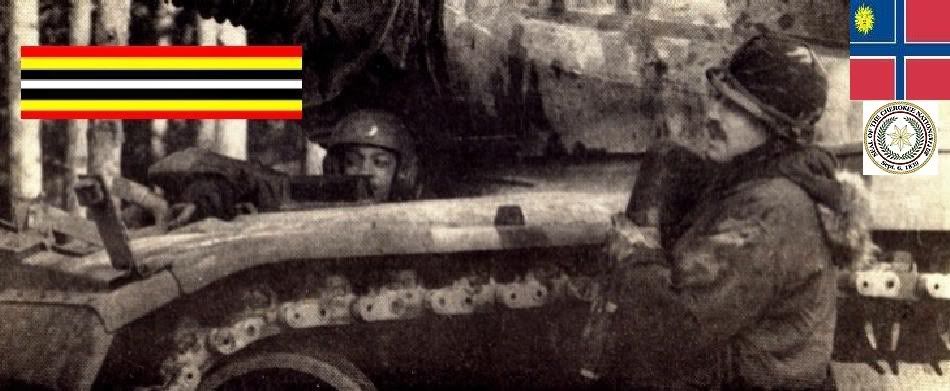|

Chief KIcking Bird
(1835-1875)
Warriors Citation
In Kicking Bird's early life, it is reported that one of his grandfathers was a Crow Tribe captive who had been adopted into
the Kiowa nation. The Kiowa called him Watohkonk, meaning "Black Eagle", as well as Tene-Angpote, "Eagle Striking with Talons,"
or simply "Kicking Bird". Kicking Bird became a noted warrior while still a young man. His one wife was called Guadalupe.
As he grew older, he began to accept the counsel of Little Mountain, principal chief of the Kiowas, who asserted that a peaceful
approach to relations with the whites was better than military actions. In 1865, Kicking Bird signed the Little Arkansas Treaty,
which set up a Kiowa Reservation that was elaborated in the Treaty of Medicine Lodge in 1867. With the demise of Little Mountain
in 1866, Kicking Bird became the proponent of the peace party, while Satank represented the war faction. In 1866, to resolve
this split, the Kiowas turned to Lone Wolf as the compromise choice for principal chief. However, Lone Wolf was unable to
unite the opposing forces in his nation. By 1870, Kicking Bird was being a coward at a Sun Dance on the north fork of the
Red River. To disprove such allegations, he commanded a war party of about a hundred men against a detachment of U.S. troops
in Texas. At the resulting battle, Kicking Bird proved his valor by personally charging into a unit of fifty-four soldiers,
slaying one with his lance.

Because of Satank's death while trying to escape his captors, bad feelings were present in all Kiowa factions about U.S. policies.
In 1872, Stumbling Bear and Kicking Bird went to Washington, D.C., to seek peace, but they met with little success. When hostilities
flared up again during the Red River War of 1874-1875, Kicking Bird kept followers at Fort Sill in western Oklahoma, where
he was made principal Kiowa chief by U.S. authorities. At the conclusion of the Red River War, he had to decide which Kiowas
would be jailed at Fort Marion in Florida. Kicking Bird chose Lone Wolf and Mamanti. About a week later, on May 3, 1875, Kicking
Bird died at Cache Creek in Native American Territory - some say he was poisoned, but Kiowa lore alleges that Mamanti used
his medicinal powers to kill his old adversary. (Mamanti himself died shortly after hearing of Kicking Bird's death.) Kicking
Bird is buried at Fort Sill. At the time of his death, he had become a staunch proponent of education and had persuaded Thomas
C. Battey, Kiowa Indian agent, to build a school for Kiowa children. From: historical accounts & records


LINK TO BRAVEHORSE WARRIORS VOLUME TWO
|

